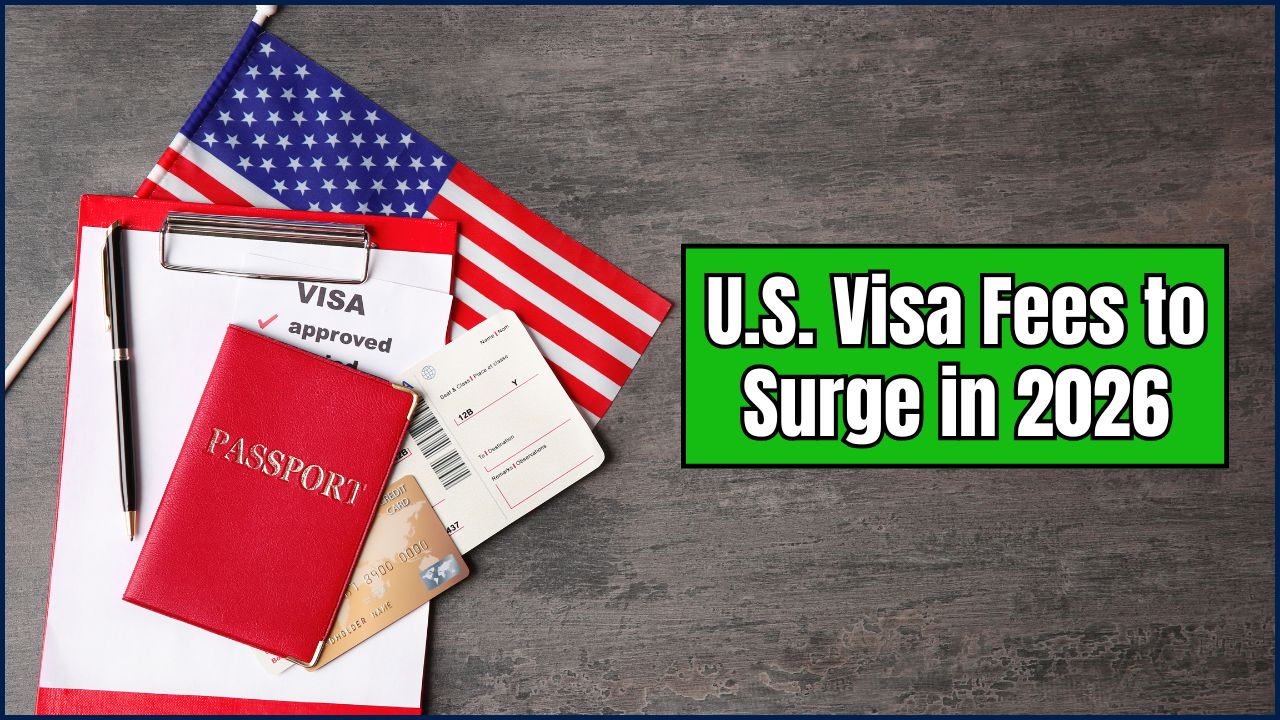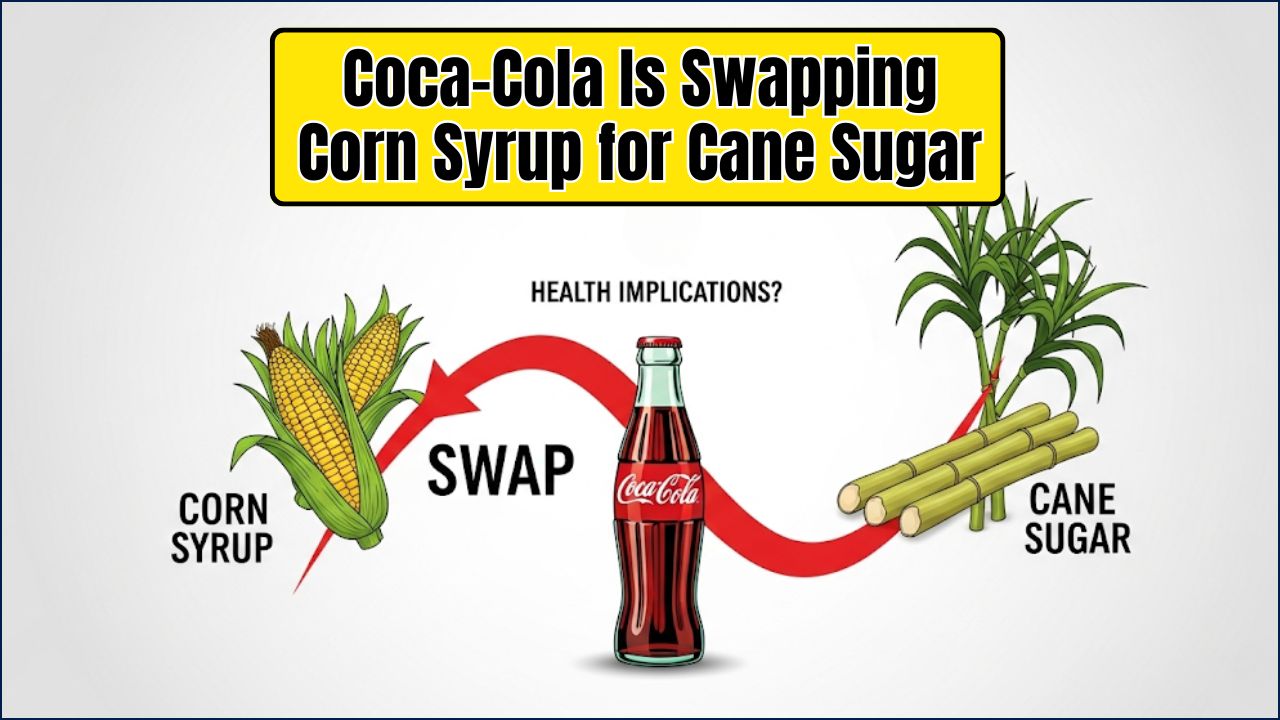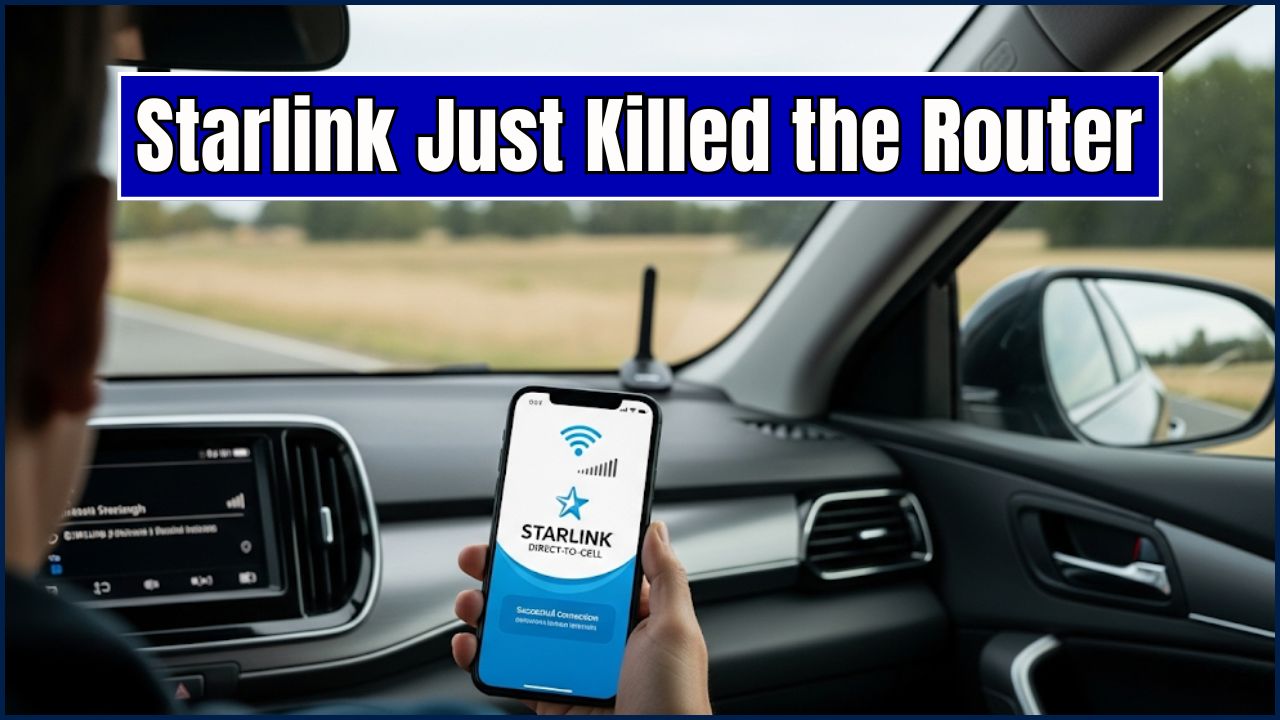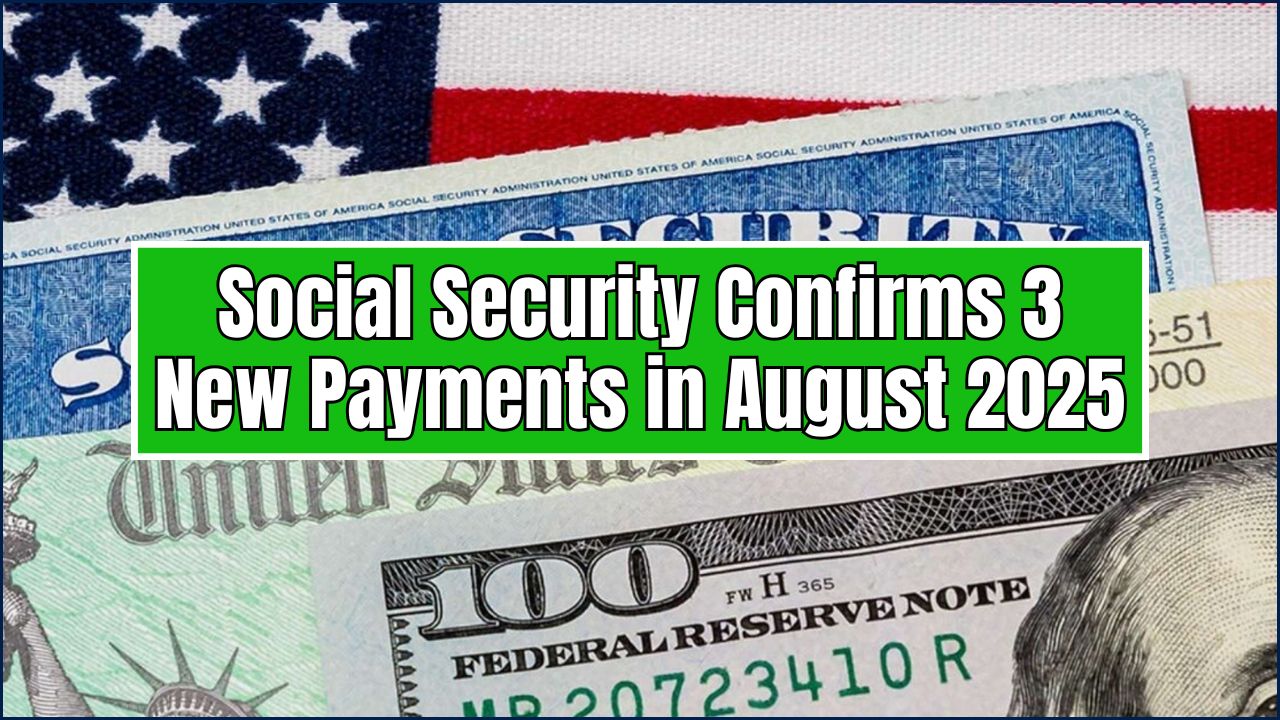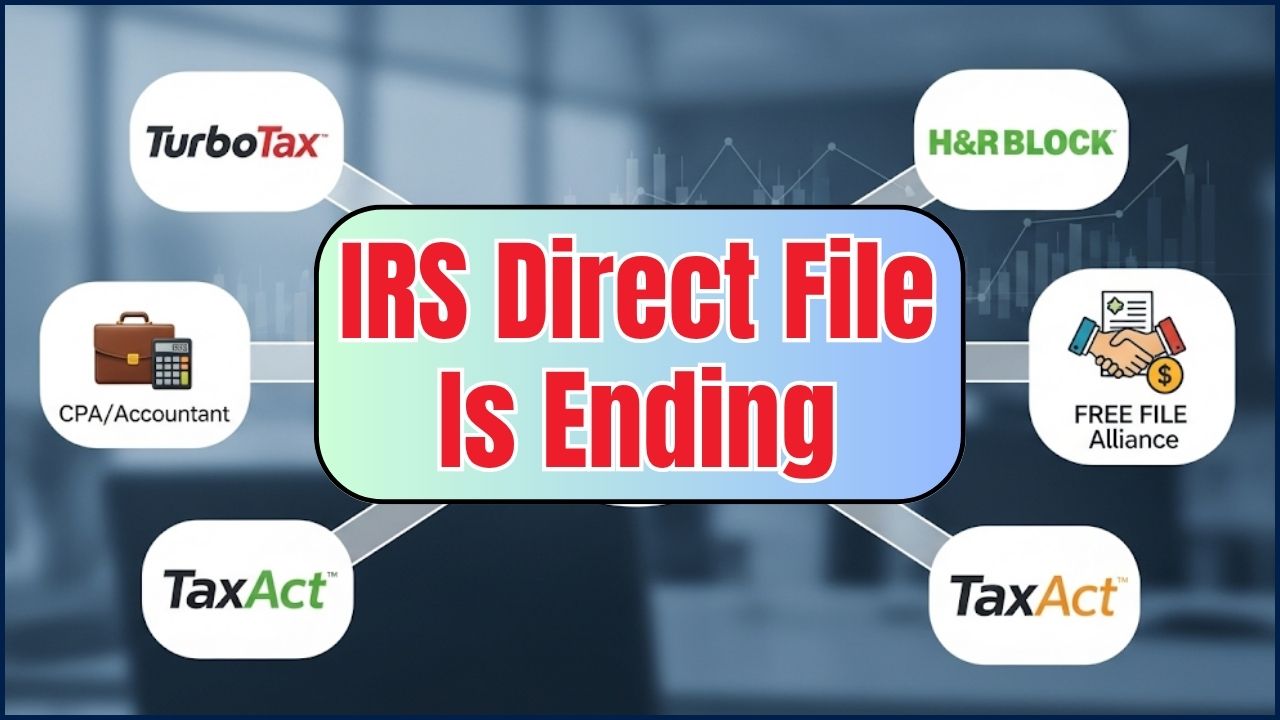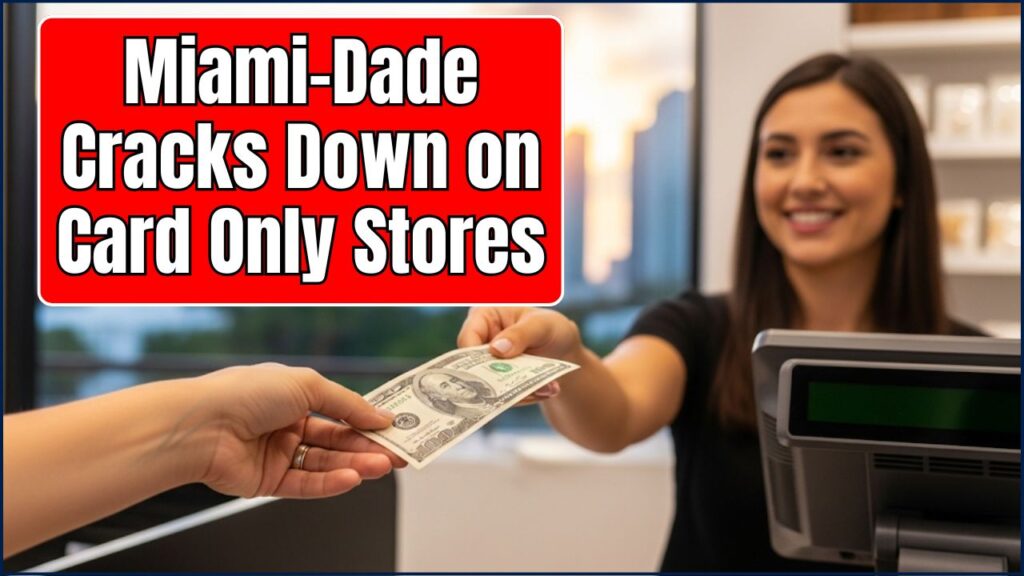
If you’re out and about in Miami-Dade County, getting your cafecito or snagging something at the corner store, and you see a sign that says “No Cash Accepted” — hold up! That store might be breaking the law. Yep, Miami-Dade is cracking down on card-only businesses, and there are real fines if they refuse your cash. Let’s break this down in plain English, whether you’re a local, a business owner, or just someone who prefers to pay the old-school way.
Miami-Dade Cracks Down on Card Only Stores
| Topic | Details |
|---|---|
| New Rule | Stores in Miami-Dade must accept cash for in-person purchases |
| First Violation | Written warning |
| Second Violation | $100 fine |
| Third Violation | $200 fine |
| Each Additional | $1,000 fine per incident |
| Exceptions | Online orders, professional services, memberships, reverse ATMs |
| Who Enforces It | Miami-Dade Office of Consumer Protection |
| Official Source | miamidade.gov |
Miami-Dade County isn’t playing games when it comes to cash. This new enforcement ensures everyone gets a fair shot at participating in the local economy — no app, no card, no problem. For businesses, it’s not just about following the rules; it’s about doing right by your community. So whether you’re buying a café con leche or running a retail shop, remember: Cash is still king in the 305.
Why This Matters: The Power of the Dollar (Literally)
In a world that’s swiping, tapping, and going digital fast, many people still rely on cash. Think of Grandma paying for groceries or someone without a bank account buying essentials. Refusing cash cuts people off from basic rights. Miami-Dade got the message and said, “Not in our county.”
The cashless trend has been growing, especially after COVID-19. But while plastic and phones are handy, not everyone has access to credit cards or digital wallets. In fact, nearly 5.9 million American households are unbanked. That means no checking, no savings, no debit card. Cash is king for them.
Moreover, about 13% of U.S. adults are underbanked, meaning they have a bank account but rely heavily on alternative financial services like check-cashing services or payday loans.
What the Law Says: Plain and Simple
The rule comes from Ordinance 21-60, passed in 2022. Here’s what it means:
- All brick-and-mortar businesses must accept cash for in-person transactions.
- They can’t display signs like “No Cash Accepted” or “Card Only.”
- Prices can’t be higher for folks paying with cash.
- Applies to purchases $20 or less — though businesses may accept more.
“We wanted to make sure no one in our community was left out of the economy,” said Commissioner René García, who sponsored the law.
What If a Business Says No?
They could get smacked with a series of fines:
- First time? Just a warning.
- Second time? That’s $100.
- Third time? It jumps to $200.
- After that? $1,000 for each offense.
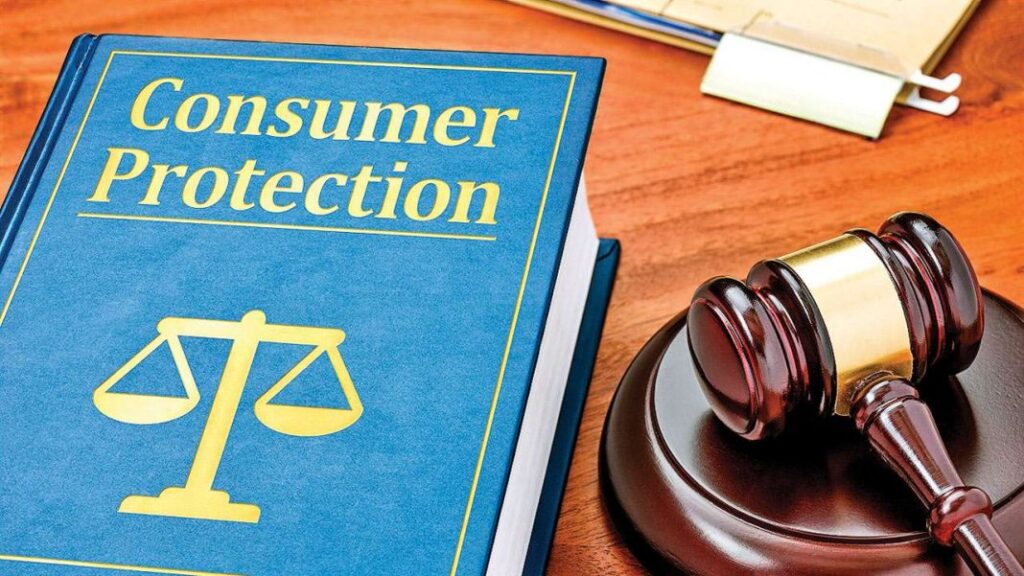
These fines come from the Office of Consumer Protection. If someone refuses your cash, you can report them using the county’s official complaint system.
What Businesses Are Exempt?
There are some exceptions to the rule. Not every business has to take cash. Here’s when “no cash” is legal:
- Online, phone, or mail sales
- Membership-based stores (like gyms with app-only payment)
- Professional services (lawyers, doctors, accountants)
- Events & stadiums, if they offer reverse ATMs to convert cash to prepaid cards
- If the cash offered is counterfeit or over $20 in denominations (like trying to pay $3 with a $100 bill)
Real-World Example: Let’s Say…
You pop into a convenience store for a soda and chips, and they say, “Sorry, we only take cards.” That’s a no-no in Miami-Dade. You can tell them about the law, and if they still refuse, snap a photo, keep your receipt (if you get one), and file a complaint.
Businesses need to comply, no matter how small. Even that hip coffee shop that only uses a Square terminal? Yep, they’ve gotta take your $5 bill.
Voices from the Community
“I carry cash because it helps me budget,” says Miami resident Rosa M. “Some places tried to turn me away. Now I know I can speak up.”
“It’s about fairness,” adds high school teacher Carlos E. “Many of my students’ families don’t have access to digital banking. This law helps them.”
Why It’s Good for Business Too
Sure, digital is convenient. But refusing cash turns away customers. The Miami-Dade law isn’t about punishing businesses — it’s about keeping commerce open to all.
“A truly inclusive economy accepts all forms of legal payment,” says economic analyst Jamila Dennis.
And with tourism such a big deal in Florida, many out-of-town visitors carry cash. You don’t want them skipping your shop because they can’t swipe.
Also, accepting cash helps reduce transaction fees from credit card companies — saving businesses money in the long run.
Cash vs. Card: A Business Perspective
| Feature | Accepting Cash | “Card Only” Policy (Now restricted in Miami-Dade) |
| Transaction Fees | Generally none | Credit card processing fees apply |
| Immediate Funds | Funds are available instantly | Funds may take days to clear |
| Privacy | Offers higher consumer privacy | Transactions are digitally traceable |
| Fraud Risk | Risk of counterfeit (but detectable) | Risk of chargebacks, data breaches, identity theft |
| Accessibility | Accessible to all, including unbanked/underbanked | Excludes those without cards |
| Accounting | Requires manual handling/counting | Can be streamlined with digital systems |
| Security | Physical cash carries theft risk | Digital systems have cyber security risks |
Tips for Business Owners to Stay Compliant
Step 1: Take the Sign Down
If you’ve got a “Card Only” or “No Cash Accepted” sign, remove it ASAP.
Step 2: Train Your Staff
Make sure your team knows to accept cash up to $20, no questions asked.
Step 3: Keep Change on Hand
Avoid the excuse of “no change” by preparing your cash drawer daily.
Step 4: Post Clear Payment Info
Let customers know you accept cash, cards, and other forms. It builds trust.
Step 5: Use Reverse ATMs if Needed
Especially for large venues, reverse ATMs can offer a solution without violating the law.
FAQs
1. Can I still offer card-only options on my website?
Yes. The law only applies to in-person transactions.
2. Do I have to accept large bills, like $50 or $100?
Nope. You only have to accept cash for amounts up to $20, and you can refuse large denominations if you don’t have change.
3. What happens if I ignore the law?
You could face increasing fines up to $1,000 per violation.
4. Where do I file a complaint if I was refused cash?
You can report it to the Consumer Mediation Center.
5. Can I offer a discount for cash payments?
Yes! Florida law allows discounts for cash, as long as you clearly post the policy.
6. Does this apply to vending machines and kiosks?
Generally no, unless they’re staffed and provide a service in-person.
7. How can tourists or new residents learn about this?
The Miami-Dade website provides resources in English, Spanish, and Creole to help spread awareness.
